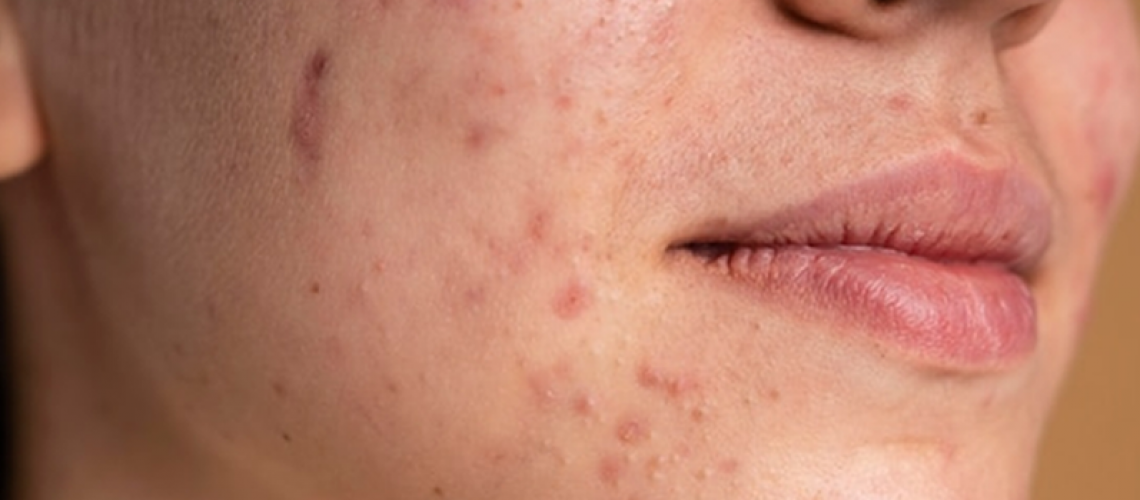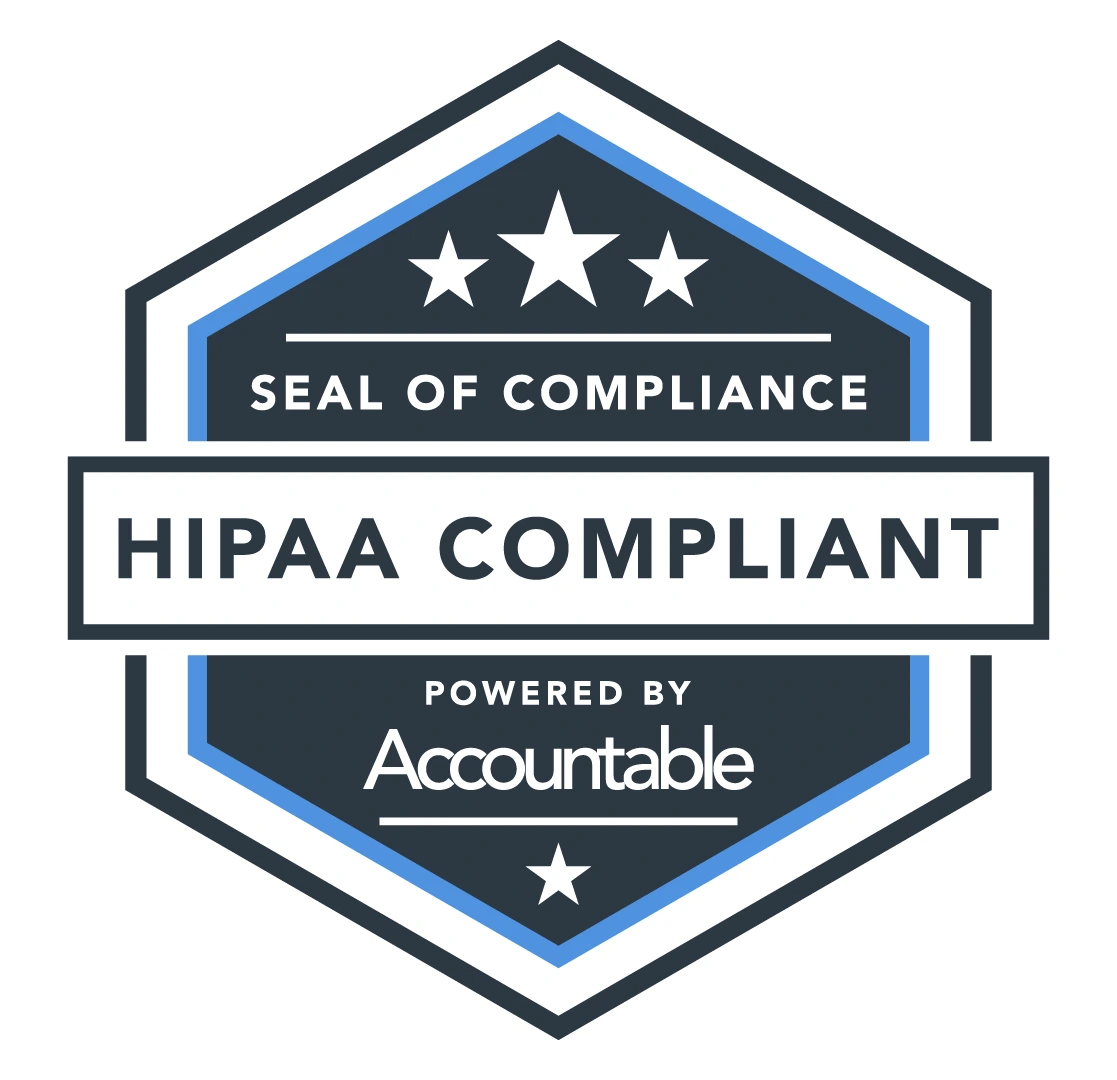Polycystic Ovary Syndrome (PCOS) is a hormonal disorder that affects millions of women worldwide. One of its most frustrating symptoms is persistent acne, caused by increased androgen levels that trigger excessive oil production and clogged pores. Unlike regular breakouts, PCOS-related acne is often deeper, more stubborn, and resistant to typical treatments.
Managing PCOS acne requires a holistic approach—addressing not just skincare but also diet, stress, hydration, and hormonal balance. Here are seven effective tips to help you take control of your skin and improve your overall well-being.
- Maintain a Balanced Diet to Regulate Hormones
What you eat plays a crucial role in managing PCOS symptoms, including acne. Foods that cause blood sugar spikes can lead to excess insulin production, which in turn increases androgen levels and worsens breakouts. To balance hormones and reduce inflammation, focus on:
- Low-glycemic foods: Whole grains, legumes, leafy greens, and fiber-rich fruits like berries and apples.
- Healthy fats: Avocados, nuts, seeds, and omega-3-rich fish like salmon can reduce inflammation.
- Protein sources: Lean meats, eggs, and plant-based proteins help maintain stable blood sugar levels.
- Limit dairy and processed foods: Dairy may increase insulin levels, and processed foods often contain unhealthy fats and sugars that contribute to inflammation.
A nutrient-dense diet helps regulate insulin, which can ultimately improve your skin.
- Follow a Targeted Skincare Routine
A gentle yet effective skincare regimen is key to controlling breakouts and reducing oil buildup. Consider these essential steps:
- Use a gentle cleanser with ingredients like salicylic acid or benzoyl peroxide to unclog pores and reduce acne-causing bacteria.
- Apply a lightweight, non-comedogenic moisturizer to keep your skin hydrated without clogging pores.
- Use topical treatments such as retinoids, niacinamide, or azelaic acid to improve skin texture and reduce inflammation.
- Always wear sunscreen (SPF 30 or higher) to prevent hyperpigmentation and acne scars from getting worse.
Choosing oil-free and fragrance-free skincare products can help minimize irritation and breakouts.
- Manage Stress to Reduce Breakouts
Chronic stress increases cortisol levels, which can worsen PCOS symptoms and acne. Stress-induced hormonal imbalances trigger oil production, leading to inflammatory breakouts.
To keep stress in check:
- Practice mindfulness and meditation to calm your nervous system.
- Engage in regular physical activity such as yoga, walking, or swimming to boost endorphins.
- Get enough sleep (7-9 hours per night) to allow your body to repair and regulate hormones.
Reducing stress not only improves your skin but also enhances overall PCOS management.

- Stay Hydrated for Clearer Skin
Water plays a crucial role in flushing out toxins and keeping your skin clear. Dehydration can lead to increased oil production, clogged pores, and inflammation.
- Aim for at least 8-10 glasses of water per day.
- Add herbal teas like green tea or spearmint tea, known for their anti-inflammatory properties.
- Avoid excess caffeine and sugary drinks, as they can dehydrate your skin and cause insulin spikes.
Proper hydration supports hormonal balance and skin health in the long run.
- Consider Hormonal Treatments for Severe Acne
Since PCOS acne is driven by hormonal imbalances, medications may help in cases where lifestyle changes alone aren’t enough. Consult your doctor about the following options:
- Birth control pills (containing estrogen and progesterone) can help regulate hormone levels and reduce acne.
- Anti-androgen medications like spironolactone block excess testosterone, decreasing oil production.
- Metformin may be prescribed to control insulin resistance, indirectly improving hormonal acne.
Before starting any medication, consult a healthcare provider to find the best treatment plan for your needs.
- Incorporate Natural Remedies for Hormonal Balance
Several natural remedies can help regulate hormones and support clearer skin:
- Spearmint tea: Studies suggest it helps lower testosterone levels, reducing acne.
- Apple cider vinegar: Supports gut health and insulin regulation, which can indirectly benefit the skin.
- Turmeric and green tea: Both have anti-inflammatory properties that can help with PCOS symptoms and breakouts.
While natural remedies are beneficial, they work best when combined with a healthy lifestyle and medical guidance.
- Seek Professional Help for Persistent Acne
If PCOS-related acne doesn’t improve with home remedies, consult a healthcare provider or dermatologist for professional treatments:
- Prescription-strength retinoids to improve skin cell turnover and prevent clogged pores.
- Antibiotics for severe inflammatory acne.
- Laser therapy or chemical peels to reduce acne scars and hyperpigmentation.
A doctor can help you develop a customized treatment plan to effectively manage your acne.
Final Thoughts
Managing PCOS-related acne requires patience and a multi-faceted approach that includes diet, skincare, stress management, and, if necessary, medical treatments. While results may take time, staying consistent with these strategies can lead to healthier skin and improved confidence.
If you’re struggling with PCOS symptoms, WebDoctors provides convenient online consultations with experienced physicians who can guide you toward effective treatment options.
Book a virtual appointment today and take the first step toward clearer, healthier skin!




